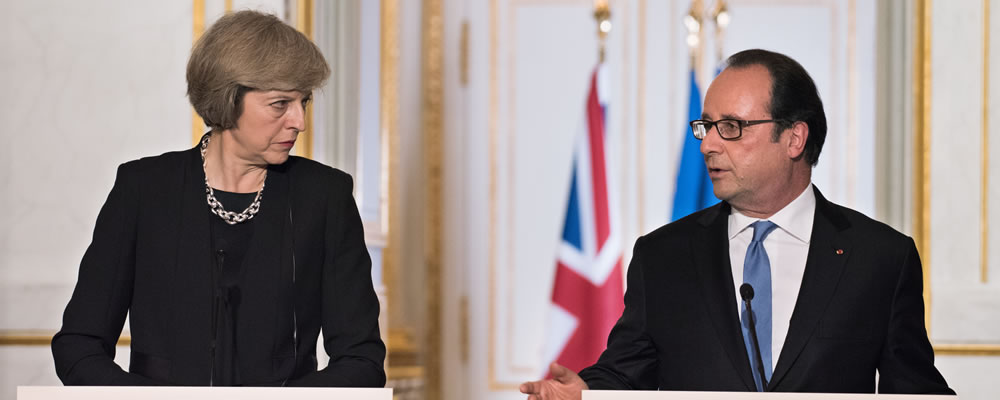The Pound dipped against the Indian Rupee in the wake of the Spring Budget and could fall further in the near-term, given how uncertain markets are about upcoming Brexit negotiations.
While much-anticipated, the Spring Budget failed to confer any real positive influence on the Pound, instead dragging it down over concerns about national insurance and the scarcely-mentioned Brexit.
Brexit is likely to be the next source of significant Pound movement, given that the triggering of Article 50 is expected before the end of March.
The self-imposed deadline for Prime Minister Theresa May is March 31st, but March 15th has been tipped as the trigger date.
Before Article 50 is triggered, the Houses of Parliament may be responsible for what kind of reaction we can expect from to this historic event.
The Article 50 bill is currently in its second amendment stage, having passed through the House of Commons without any changes; in the Lords, an amendment to have a meaningful vote on the final terms of Brexit has been approved, along with one to secure the rights of EU citizens.
If both of these amendments are accepted in the Commons, triggering Article 50 may not cause a significant level of Pound Rupee depreciation. This is due to the implication that with amendments both Brexit negotiations and the final deal with the EU could both be better than without.
Given the recent drop in global crude oil costs, the Rupee may be in for further appreciation if this commodities trend continues.
The latest crude oil price slide has been due to the US posting higher-than-forecast inventory figures, which have eroded prices on existing reserves due to the greater supply.
If the US and other major oil-producing nations continue to struggle with oversupply and the cost of crude continues to move downwards, then the Rupee Pound exchange rate may be given substantial opportunity to rise.
Commenting on the situation has been Lipow Oil Associates President Andy Lipow;
‘I think that [the Organization of Petroleum Exporting Countries] (OPEC) is hoping they can wait it out so they don’t have to make a decision in May to continue with production cuts, but they may be forced into that decision given the high inventories here in the U.S’.
This could point towards oil costs rising once again in May, although OPEC has historically struggled to successfully implement cuts so this outcome is no guarantee.
Recent Interbank GBP INR Exchange Rates
At the time of writing, the Pound Indian Rupee (GBP INR) exchange rate was trading at 81.17 and the Indian Rupee Pound (INR GBP) exchange rate was trading at 0.01.


Comments are closed.